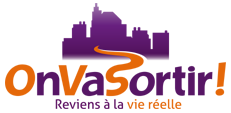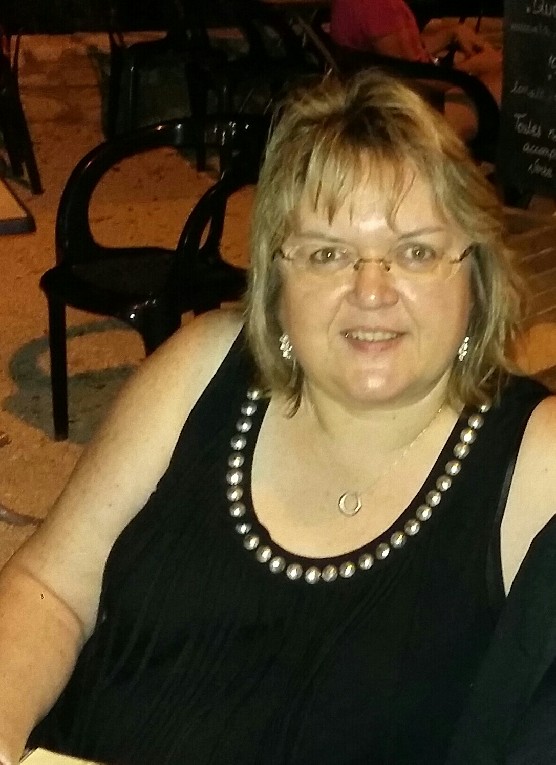|
Infos perso |
Classements |
|
|
Prénom : Sam Sexe : Non renseigné Situation : Non renseigné Date de naissance : Non renseigné Localisation : Non renseigné |
|
|
|
Son petit mot |
||
|
Introduction to Heavy Duty Sewing Machine Purchase - Buyers' Guide A heavy duty home sewing machine is designed to sew medium and heavier fabrics. It is a sewing machine designed to work daily without burnout. When choosing a heavy-duty sewing machine, you need to pay attention to the type of needles and thread to use. There are recommended needle and thread sizes that only work for heavy-duty machines and not other types of sewing machines. Not all sewing projects require heavy-duty sewing machines. The
Check Out the Motors Heavy duty sewing machines differ from the rest with their more powerful motors. These motors are designed for faster sewing and handling vast volumes of jobs without tiring the machine out. If you want to buy top rated heavy duty sewing machines, you need to pay attention to their motor power first. The motor powers the automated functions on the machine, and these include the self-lubrication functions. Look for Speed An ideal heavy duty sewing machine is almost four times faster than your regular sewing machine. While some standard sewing machines can perform at up to 750 stitches per minute, the slowest heavy duty sewing machine should provide more than 1,500 stitches per minute. This popular belief makes heavy duty sewing machines more efficient for quilting, monogram, blind hems, and buttonholes. All these works will be harder to perform on smaller machines. Choose the Right Needles
When it comes to choosing The general rule is that the heavier the fabric, the thicker the needle you should consider. Top-stitching and hem-stitching will require thicker needles than the ones you need for non-decorative stitching. What are the Recommended Needle Sizes on Heavy Duty Machines? The best heavy duty sewing machine for medium-heavy fabrics like corduroy materials requires 90/14 needle size. Heavier fabrics like pieces of the denim will require the 100/16 needle size. Fabrics like canvas and tapestry will need a needle size of 110/18, while the heaviest fabrics like boat canvas will require 120/19 needles. You can save yourself a lot of money by going for assorted packs of needles that come in varying sizes. A |
||
- Lui envoyer un message privé
- Voir la liste de ses futures sorties
- Savoir si tu l'as déjà croisé lors d'une sortie
| Pour : |
Connecte-toi ! » Je m'inscris «  |
























 Tête bleue
Tête bleue Bronze
Bronze Argent
Argent Or
Or Platine
Platine Titane
Titane